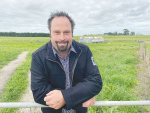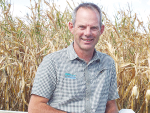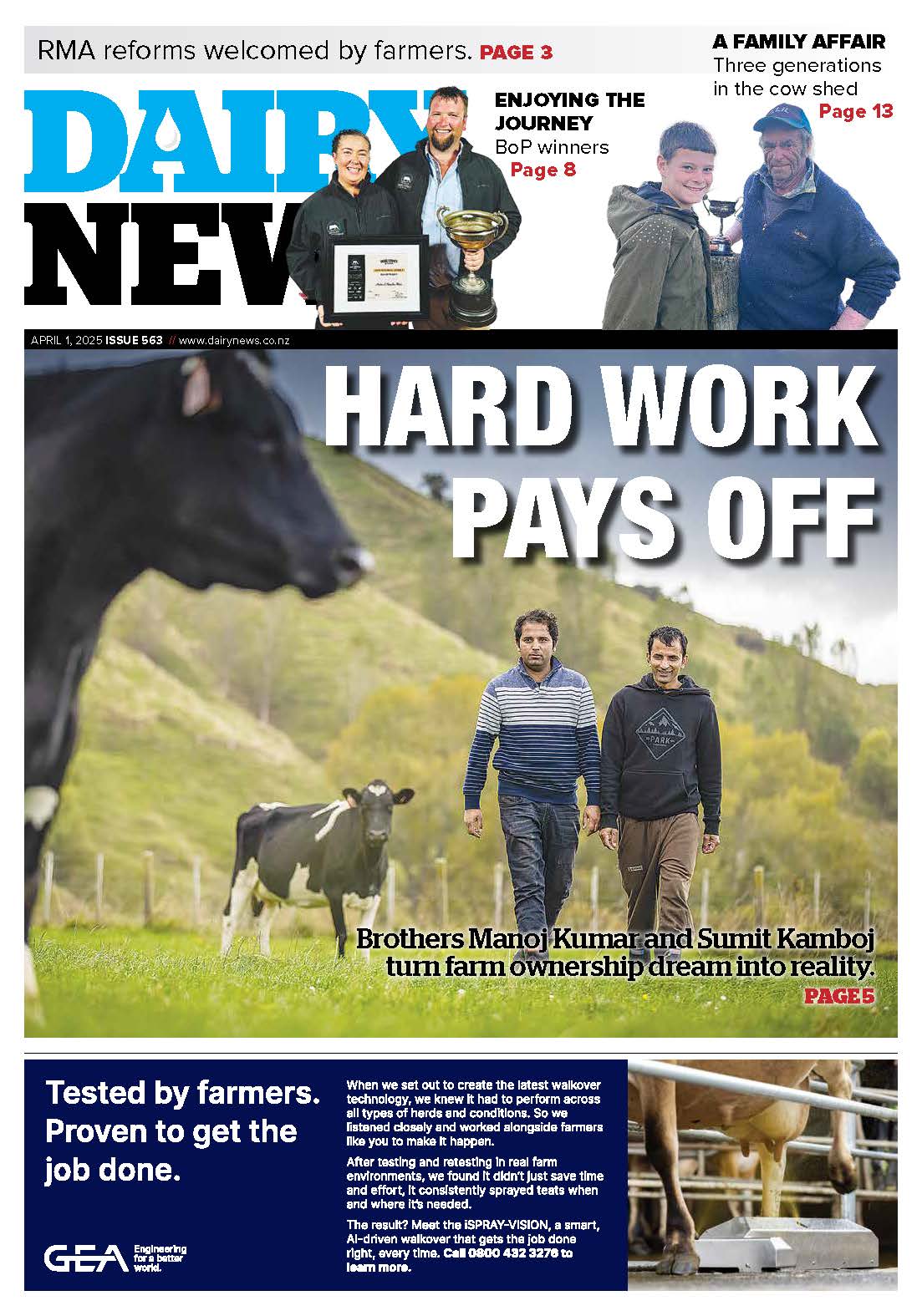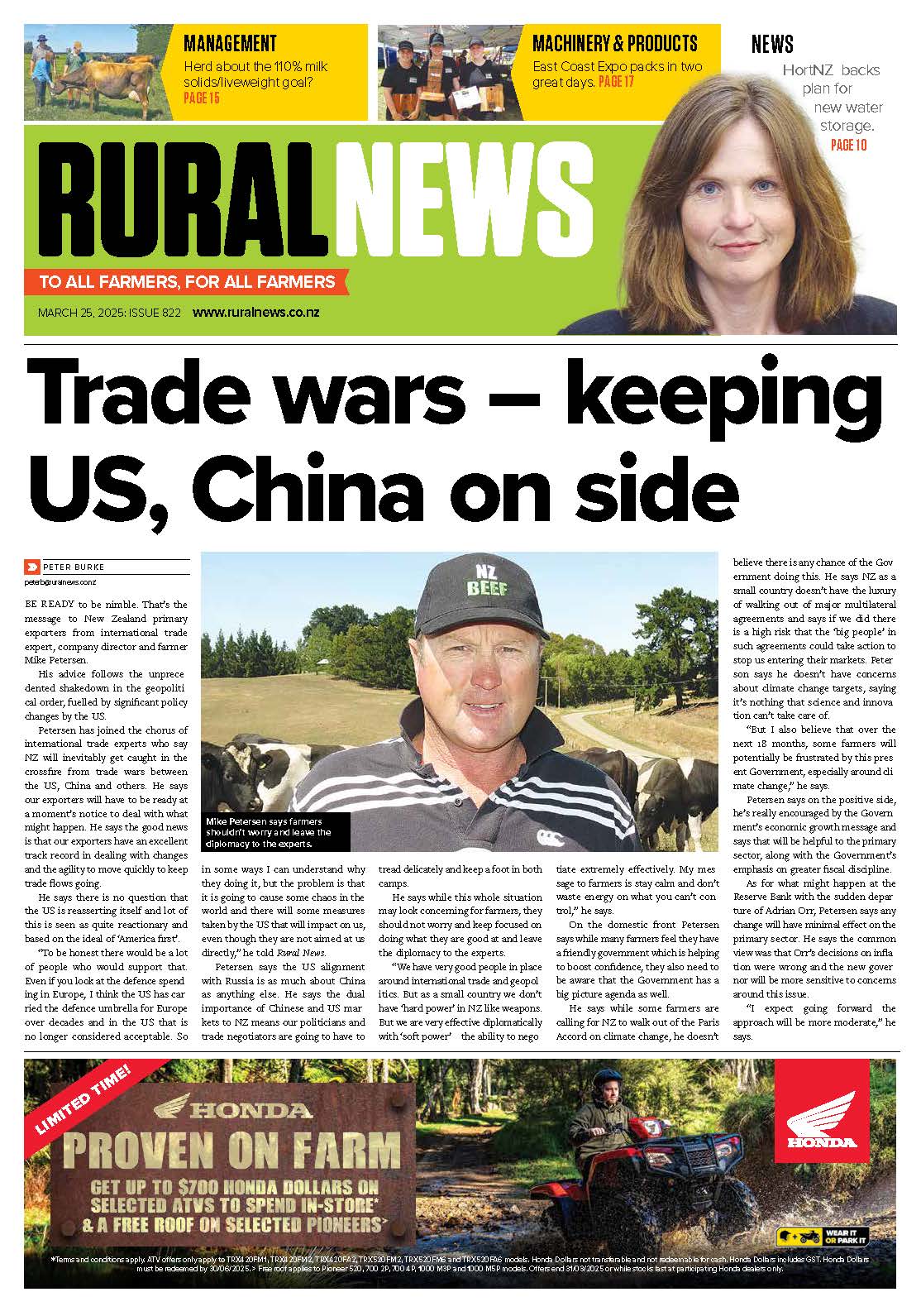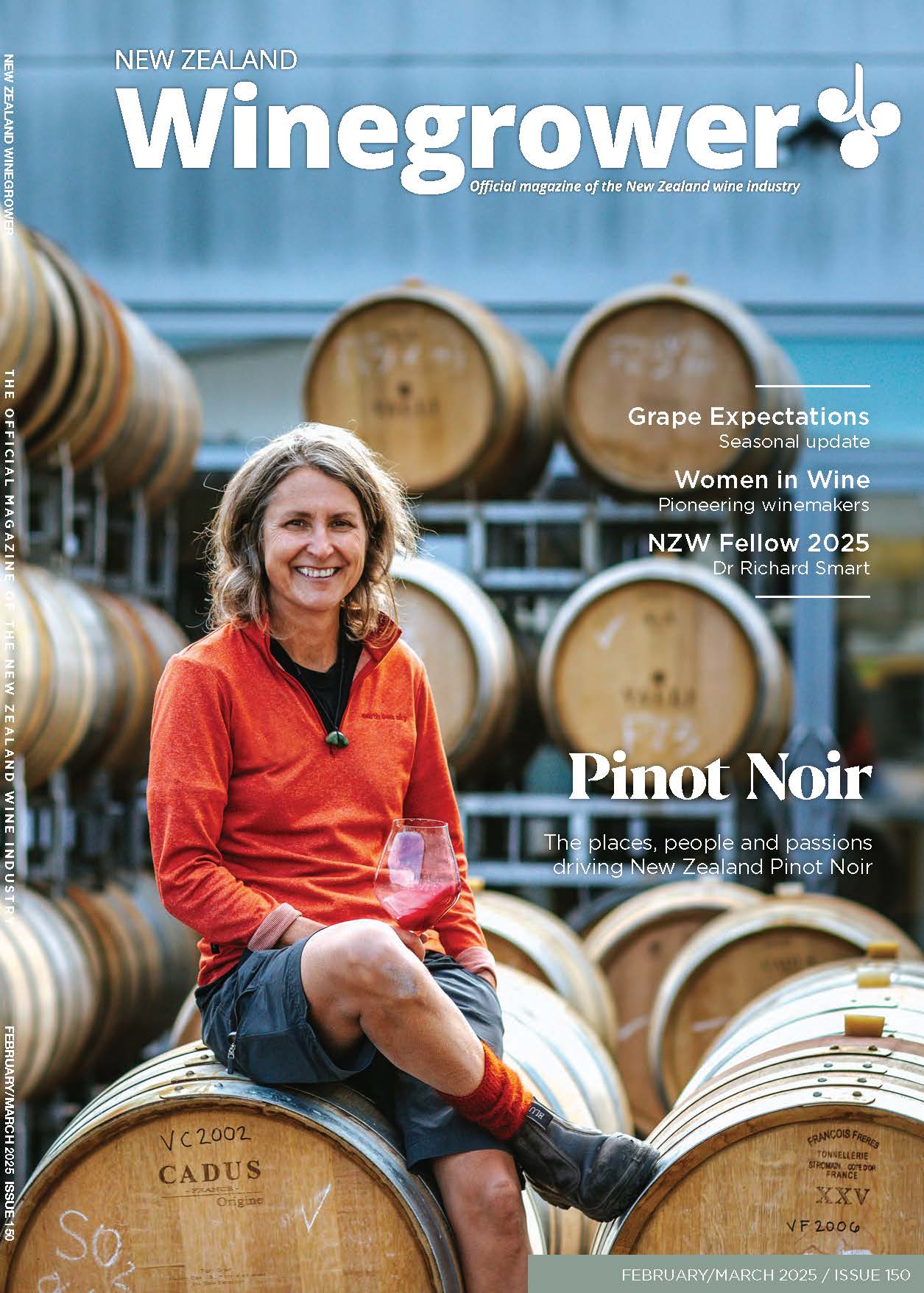That’s how LandWise’s Dan Bloomer describes the MicroFarm, a 4ha property on the Heretaunga Plains, near Hastings.
“We’ve got paddocks that are big enough to have real toys in so we are doing work on a farm-sized scale. A high percentage of paddocks are headlands but between these we have paddocks just like a real farm,” he told an open day in December.
The farm is in its first summer of production. Besides six paddocks, it has offices and a purpose built seminar room.
The initiative is spearheaded by LandWise but encompasses a much wider community, with input from groups such as Plant & Food Research, BASF Crop Protection, McCain Foods, Ballance Agri-Nutrients, Hill Laboratories, Fruitfed Supplies and the Hawke’s Bay Regional Council, plus farmers and agricultural contractors.
Those involved in the early stages put forward ideas about what they wanted from the MicroFarm. These included ‘production’, ‘management’, ‘environment’, ‘farmer-led science’, ‘shared learning’, ‘soil quality’, and ‘yield’.
“The slogan we formulated from this was ‘maximum production with minimum footprint’,” explains Bloomer.
“In other words, how much sustainable production can we get out of the Heretaunga Plains soil, without big environmental impacts?”
The area, known as the ‘food basket’ of Hawke’s Bay, has a history of intensive cropping. It has suffered from mounting pressures of climate change, encroaching industry and a demand for higher food production.
Part of the MicroFarm challenge is outlined in a mission statement: ‘Complex changes are needed to achieve short and long-term environmental and economic sustainability. New techniques and technologies must be proven and farmers supported to adopt them.’
Discussion groups, trials and demonstrations form the basis for broader activities such as education and training.
One of the benefits for farmers of such a facility is it removes the risk of failure for individuals, while at the same time providing an environment for them to observe and get involved at whatever level necessary.
The MicroFarm is divided into six half hectare paddocks with an irrigation main and access down the middle. One paddock has buried drip irrigation installed; how the other five will be watered is flexible.
The first planting at the MicroFarm was last autumn: broad beans were sown in April as a cover crop then worked-in before spring planting. The first production crops were vining peas, planted in two installments with the early crop harvested just prior to the open day.
“Some of the things we are investigating include whether nitrogen starter makes a difference to vine growth, whether plant growth regulators have an impact on flowering and does that help us with yield,” says Bloomer.
“Another study is looking at the potential of rhizobium inoculators to increase yields.
“Plant & Food is one of the partners in this project. If we see something that is really interesting it will go back to Plant & Food Research for some detailed testing to see what’s happened.”
The intention is not to replicate what Plant & Food does, but rather, to “try to be different”, he adds.
With a way to go on their five-year journey, the MicroFarm is seeking collaborative partners.
“While it is a showcase for new technologies and best practice it needs operating capital, farm inputs, services, monitoring and resources for dissemination and training,” says Bloomer.
“What is required is some significant cash support from somewhere like the Sustainable Farming Fund so we can really get all the potential benefits flowing.”






